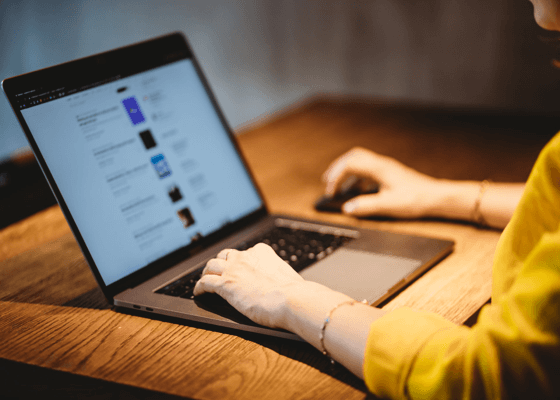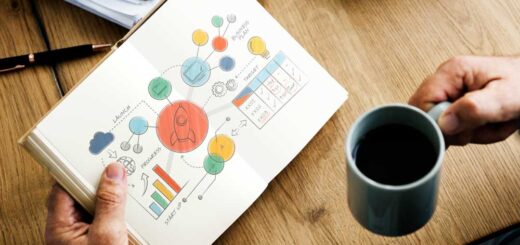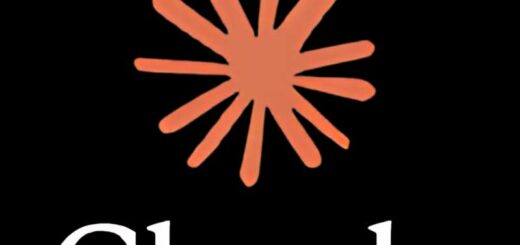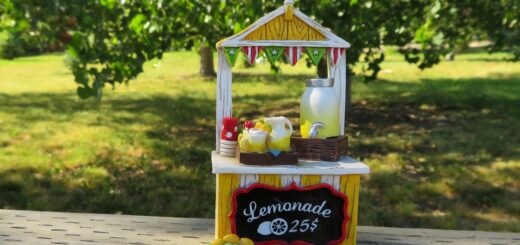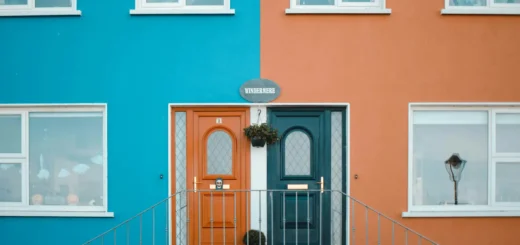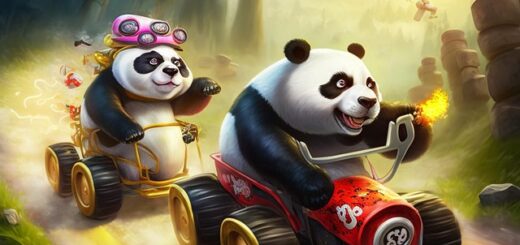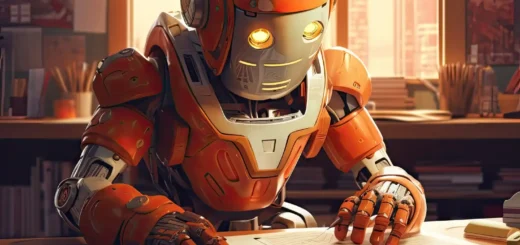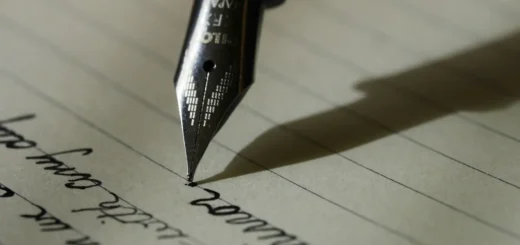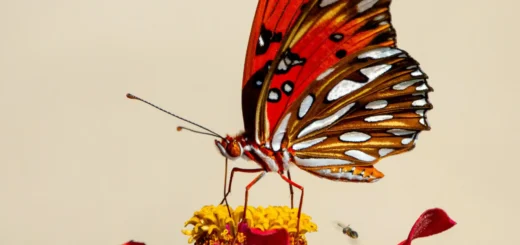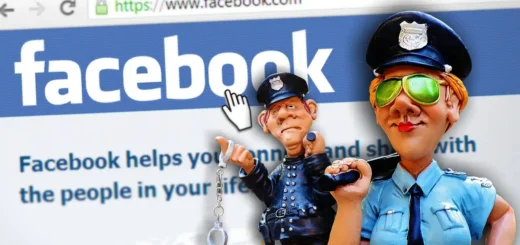Corona Beer Ad – Great Idea but Lousy Execution
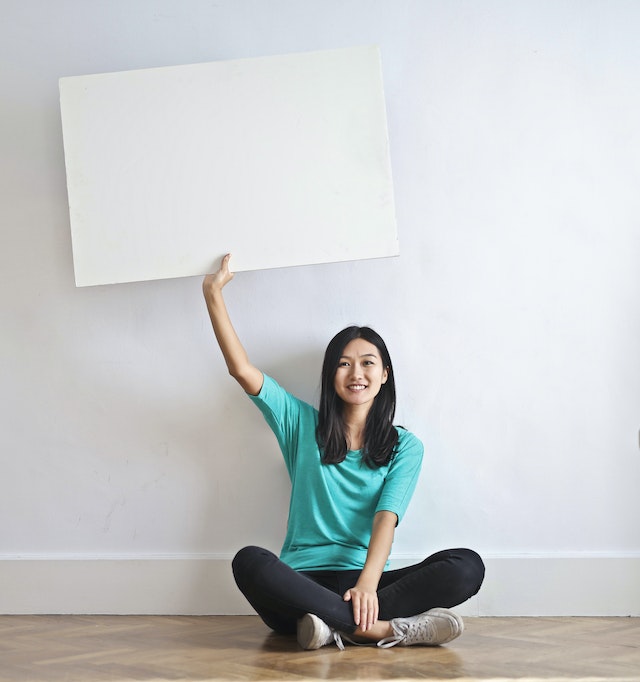 Are you guilty of this image crime in your marketing?
Are you guilty of this image crime in your marketing?
Corona makes beer.
Corona wants to promote recycling.
Thus, Corona creates an ad to promote recycling.
So far so good, but then it all goes terribly wrong.
Imagine you’re flying down the highway when you see this billboard:
Image https://i.redd.it/or2sog0njr3b1.jpg
Can you read the print? Me neither. In fact, I had to search for the image on three sites before I could find one big enough to let me see the words in the ad.
Luckily, one of those sites was Reddit, and I learned something ultra cool and powerful about creating ads. And memes. And any image you might put on the internet.
It’s called “Contrast Rating,” and this number will tell you if you’ve done a good job of making it easy to read your ad. Or not. This particular image has a contrast rating of 1.43 to 1, which is considered lousy.
Here’s how Niko_47x of Reddit describes how to arrive at the contrast rating:
An easy way to do so is to get the hex value for the colors in the picture. I used windows Power toys for that. To grab the color of the font and the lightest part of sand that was in close proximity/ in contact with the text. You can also download the image in question and use something like Photoshop. Then input those values to a contrast checker, like this one by Coolors.co https://coolors.co/contrast-checker/, you can also use others but I personally like this one for the good clean UI and other services they provide. And it’ll give you an example of some text on the background in different sizes and then the rating.
For example if you grab perfect white (#FFFFFF) and black (#000000) you’ll get a contrast of 21. And if you would use white and white you’d only get 1.
As a complete amateur at graphic art, I’ve learned there are different types of contrast to think about when you’re making a design:
Color Contrast: How different colors look next to each other. When colors are very different, it makes a design more clear and noticeable.
Tonal Contrast: How bright or dark things are compared to each other. This is important in designs that use shades of gray or black and white.
Size Contrast: How big or small things are compared to each other. Different sizes make a design look more interesting and organized.
Shape Contrast: How different shapes look next to each other. It adds variety and makes a design more exciting.
Texture Contrast: How different things feel or look like they feel. It makes a design more tactile and interesting.
Typographic Contrast: How different fonts and styles of writing look. It helps with reading and makes important information stand out.
By considering the contrast in a design, you can make sure that things are easy to see, understand, and look nice together.
And who knows; if you get good at contrast, you might freelance for Corona Beer. I hear they’re looking for someone…

